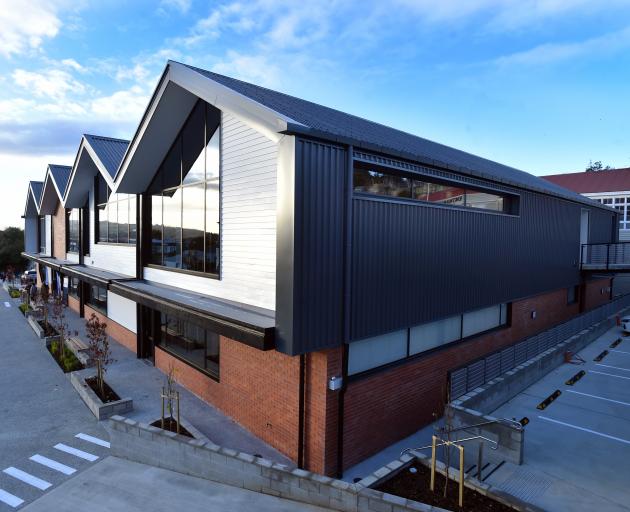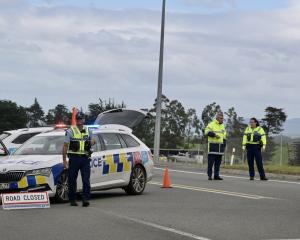
About 50 women a week are being directed to attend the clinic at the recently-opened Te Kaika Wellbeing Hub in Caversham instead of going to the Queen Mary Maternity Centre in the ageing hospital.
Te Whatu Ora Health NZ (HNZ) southern director of midwifery Karen Ferraccioli said the change was to achieve "better flexibility for pregnant people whose medical needs can be met outside of a hospital environment".
It would "enhance" the environment for women receiving care before and after births, she said, by providing care in the community rather than a hospital setting.
Ms Ferraccioli stressed the clinics were the same as those offered at Dunedin Hospital and delivered by the same staff members.
Others whose pregnancies do not require obstetrics-led care are encouraged to seek care from an independent midwife called a lead maternity carer (LMC) who typically visits women in their homes.
However, a shortage of LMCs means some women struggle to find this care and have to be directed to a HNZ team of midwives called the midwifery outreach service, which offers care at Dunedin Hospital rather than in the community.
The outreach service’s antenatal and postnatal clinics were also being moved to Te Kaika, Ms Ferraccioli said.
Feedback from patients cared for at Te Kaika had been positive.
"They have appreciated the beautiful new space, including how quiet it is, and how much easier it is to park there and get to in general."
The Te Kaika wellbeing hub is occupied by HNZ, the Ministry of Social Development and Te Kaika.
Te Kaika was founded by the charity Otakou Health Ltd and aims to deliver low-cost healthcare and social services.
Its acting chief executive Matt Matahaere said the opening of maternity services in the Te Kaika hub was "more than bricks and mortar; this is a long-term commitment to move services from a tertiary environment back into the community".
One Dunedin midwife who wished to be anonymous said she welcomed the use of Te Kaika for clinics because it was accessible for some women in South Dunedin who found getting to the hospital "quite stressful" for reasons including lack of parking, and may have previously missed out on care they needed.
However, she added that the shortage of LMC midwives was a pressing problem. Her service was fully booked until nearly September next year.
Dunedin representative of the College of Midwives Charlie Ferris said the provision of LMCs was a gold-standard service "and I can’t see the shortage of LMCs getting better in a big hurry".
There was an inevitable increased demand on the outreach service and there needed to be investment in the recruitment and retention of LMCs, Ms Ferris said.
She said she had also heard it had got "harder" for the midwifery service in Dunedin to get equipment it needed in a timely manner when requesting it from Health NZ which was "frustrating for everyone in the system".
The hospital’s system of piped entonox — commonly used by women in labour for pain relief — had also suffered failures.
Ms Ferraccioli said the hospital was "looking to replace" the piped system and in the meantime midwives were using gas in cylinders.
"We wish to assure the community that obtaining pain relief when or if people need it should not be a cause for concern as it is readily available."












